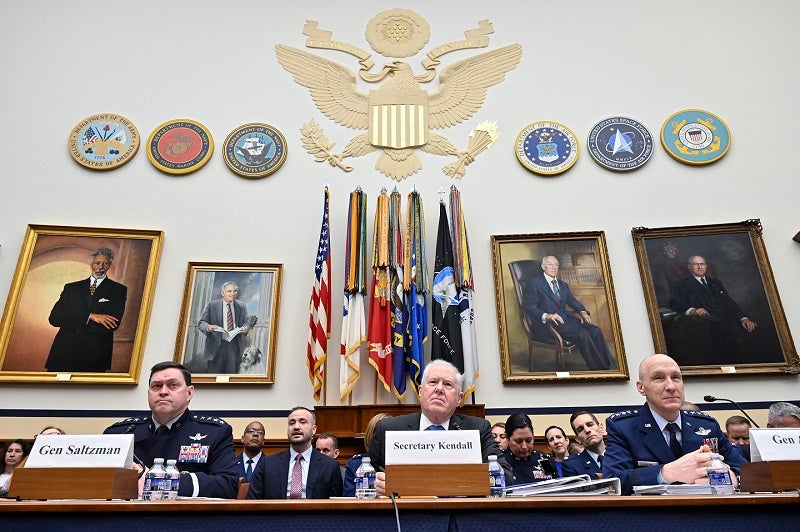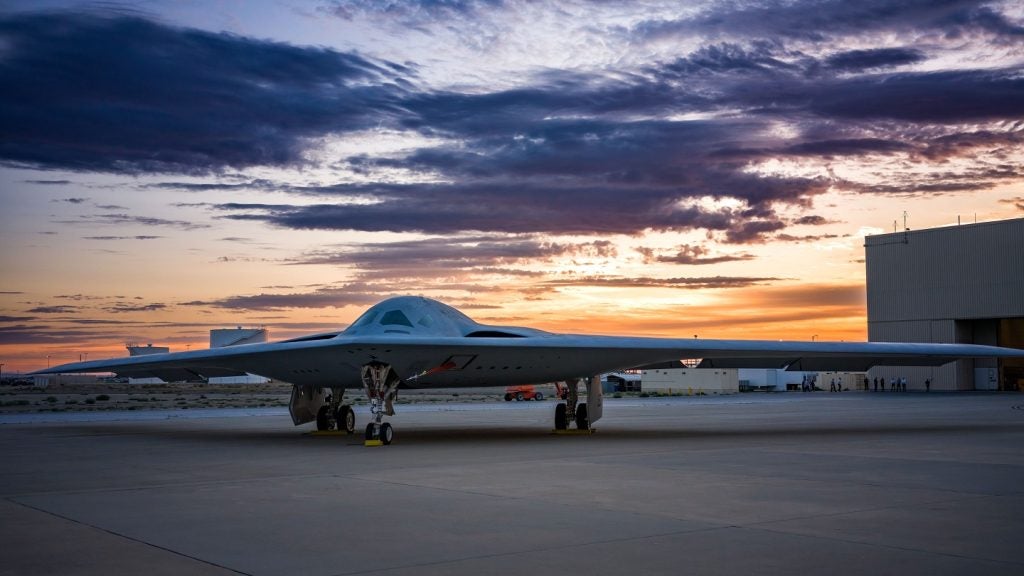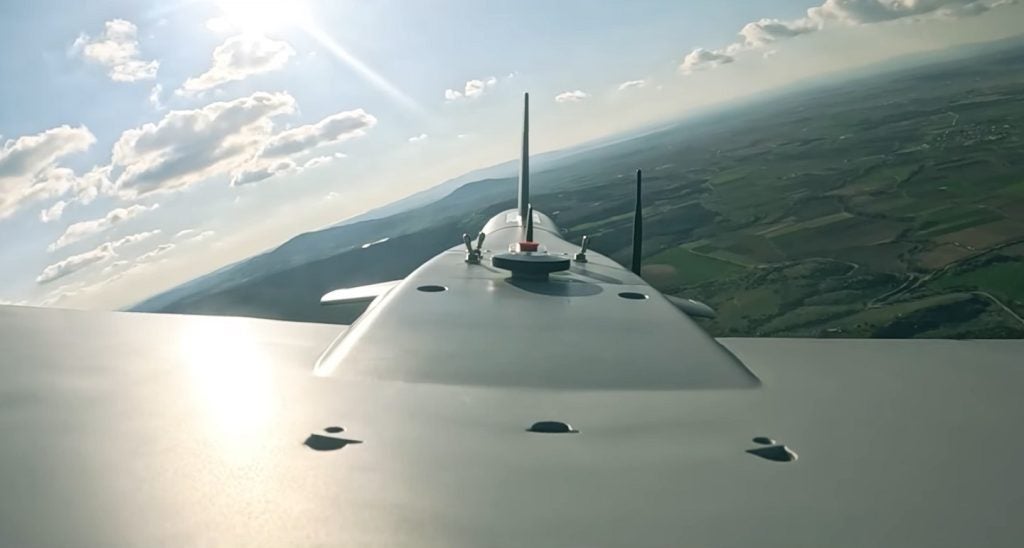Senior US Air Force (USAF) officials have told US lawmakers that they are “out of time” in modernising their forces to meet the pacing threat of China, and that further delays in adequate funding provision could result in the US military falling behind the development curve.
The result of this could see China overtake the US as the dominant military power on the planet, enabling Beijing to leverage its established quantitative and emerging qualitative edge to create a new established order in the world, shifting firmly eastwards.
Speaking before a Congressional committee debating defence funding requirements, USAF officials said the service needed to “modernise quickly”, which was dependent on Congress delivering funding in a “timely and predictable” manner, according to a 17 April USAF release.
“As you are aware, the six-month delay has had a real impact. That time cannot be recovered, but at least we can now move forward with our urgent modernisation priorities,” Department of the Air Force Secretary Frank Kendall told the House Armed Services Committee, referring to the current year’s budget being finalised in March 2024, instead of 1 October 2023, when the fiscal year began.
“Time is my greatest concern – we are in a race for military technological superiority with a capable pacing challenge,” Kendall told lawmakers. “Our cushion is gone – we are out of time. Continued failure to provide on-time authorities and appropriations will leave the Air Force and Space Force inadequately prepared.”

The Department of the Air Force has requested a $217.5bn budget for Fiscal Year (FY) 2025, which will begin on 1 October this year. During the House debate, officials spoke of the trade-offs that were made in order to balance aspirations with fiscal reality.
“The simultaneous demands of strategic competition with an aggressive and increasingly capable (China) and persistent, acute threats from around the globe require the [US] Air Force to maximise the readiness of today’s forces, while adapting our structures and processes to offer the best opportunity to prevail in an environment of enduring great power competition,” Air Force Chief of Staff Gen David W. Allvin said, adding, “Time is not on our side.”
Adding his own concerns, Chief of Space Operations Gen Chance Saltzman stated that against a near-peer rival, space superiority was “the linchpin”, and that without it the US would be unable to deter rivals and conflicts.
“Until we have built the infrastructure to achieve space superiority, the Space Force is a work in progress,” Saltzman said.
HASC: US budgets have led to cuts in combat aircraft
US Representative Mike Rogers (R-AL), chairman of the US House Armed Services Committee, delivering the opening remarks on the Department of the Air Force’s FY2025 budget, outlined that while the request represented an approximate 2% increase compared to FY2024, when taking into account inflation this rise was actually a cut.
“That means tough decisions had to be made about what programmes to cut and what level of risk to absorb. It means the Air Force and Space Force are being forced to absorb a lot of risk in the near term to try to keep delivery of out-year capabilities on track,” Rogers said.
“For the Air Force that means hundreds of aircraft are grounded on any given day due to insufficient funding for spare parts, it means divesting 130 aircraft in FY25 to save operating costs, and it means cutting the planned buys of new, cutting-edge, fighter aircraft.”
Continuing, Rogers warned that China, which already has a larger army and navy that the US, would soon follow suit in the air domain.
“It’s important we fully understand how much risk your services are taking on as a result of this budget, and what that means for our ability to deter China, Russia, and our other adversaries,” Rogers said.












